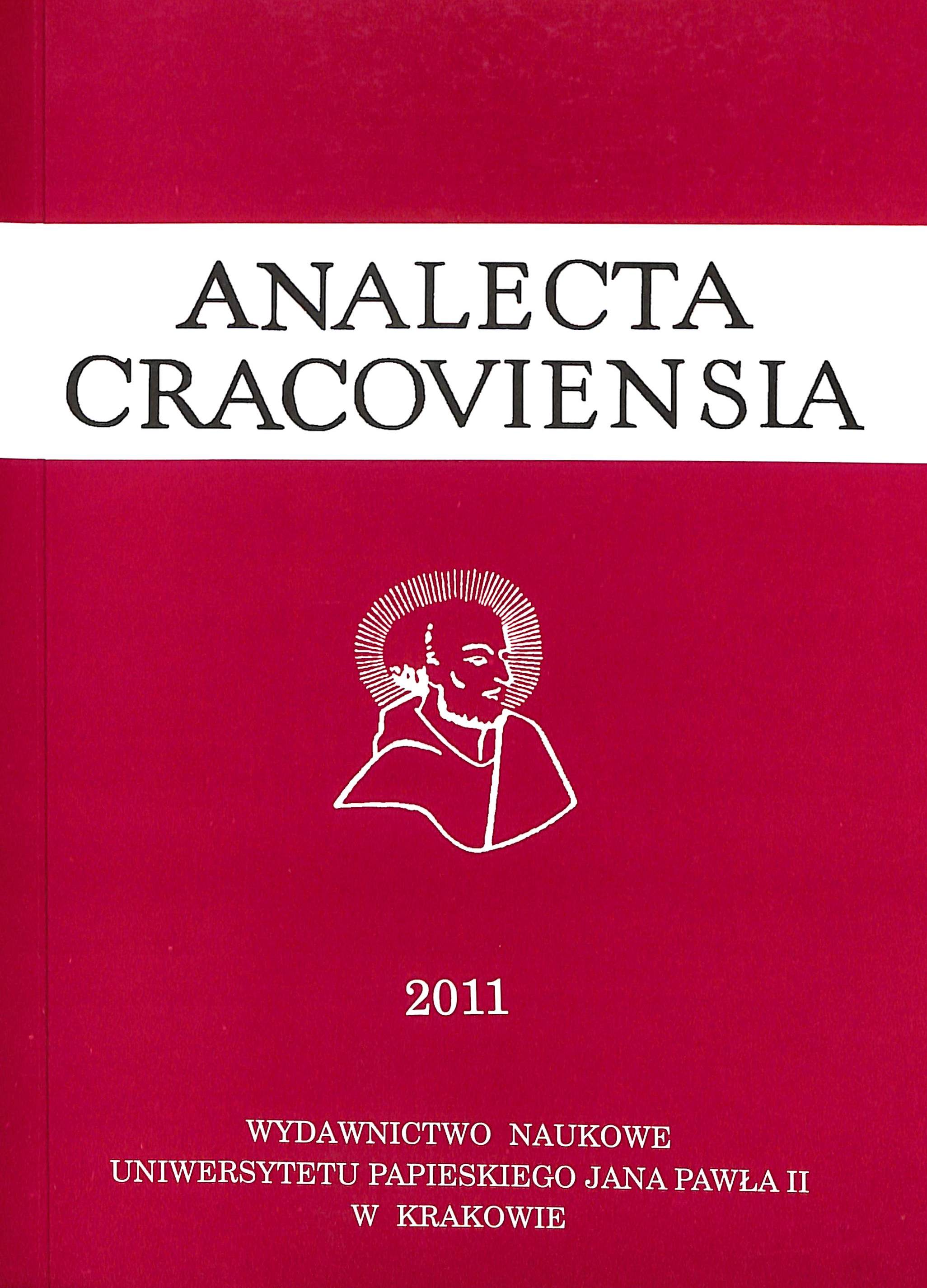An Orientation in Chaos and New Hope. Rituals in Emergency Pastoral Care – the Liturgical Viewpoint
DOI:
https://doi.org/10.15633/acr.4305Keywords:
duszpasterstwo, kryzys, liturgika, nabożeństwa, opieka psychologicznaAbstract
In a pluralistic society ecclesial emergency pastoral care is faced with the question of how to offer the persons concerned an appropriate balance between pastoral empathy and theological ideals. Rituals play an important role in this task in that they provide a valuable contribution in coping with and explaining in a crisis situation. They have a therapeutic effect, as they help those affected to recover a lost sense of orientation. In practice this means that psychological support by means of appropriate ritual activity intersects with the hopeful perspective of faith. In the process it is important that the course of the ritual includes “open” as well as “closed” parts, i.e. formal liturgical elements (above all, sacraments) and forms which cater to the particular case. In a pluralistic society forms of articulation must be diverse, as diverse as the situations in which appropriate and faithful support/aid are being sought. When one succeeds in connecting human empathy with the reality of God which exceeds all human possibilities, a step in the right direction has been taken. In the form of six individual theses this article reflects the theory and praxis of ritual accompaniment at the crossroads of psychology, current culture and liturgical tradition. In the context of a pluralistic environment, it explores ways in which pastoral care can become involved as a ritual actor and offer people aid which is grounded in faith.
Downloads
Published
Issue
Section
License
Copyright (c) 2011 Stefan Böntert

This work is licensed under a Creative Commons Attribution 4.0 International License.
Authors who publish with this journal agree to the following terms:
- Authors retain the copyright and full publishing rights without restrictions, and grant the journal right of first publication with the work simultaneously licensed under a Creative Commons Attribution 4.0 International License that allows others to share the work with an acknowledgement of the work's authorship and initial publication in this journal.
- Authors are able to enter into separate, additional contractual arrangements for the non-exclusive distribution of the journal's published version of the work (e.g., post it to an institutional repository or publish it in a book), with an acknowledgement of its initial publication in this journal.
- Authors are permitted and encouraged to post their work online (e.g., in institutional repositories or on their website) prior to and during the submission process, as it can lead to productive exchanges, as well as earlier and greater citation of published work (See The Effect of Open Access).

